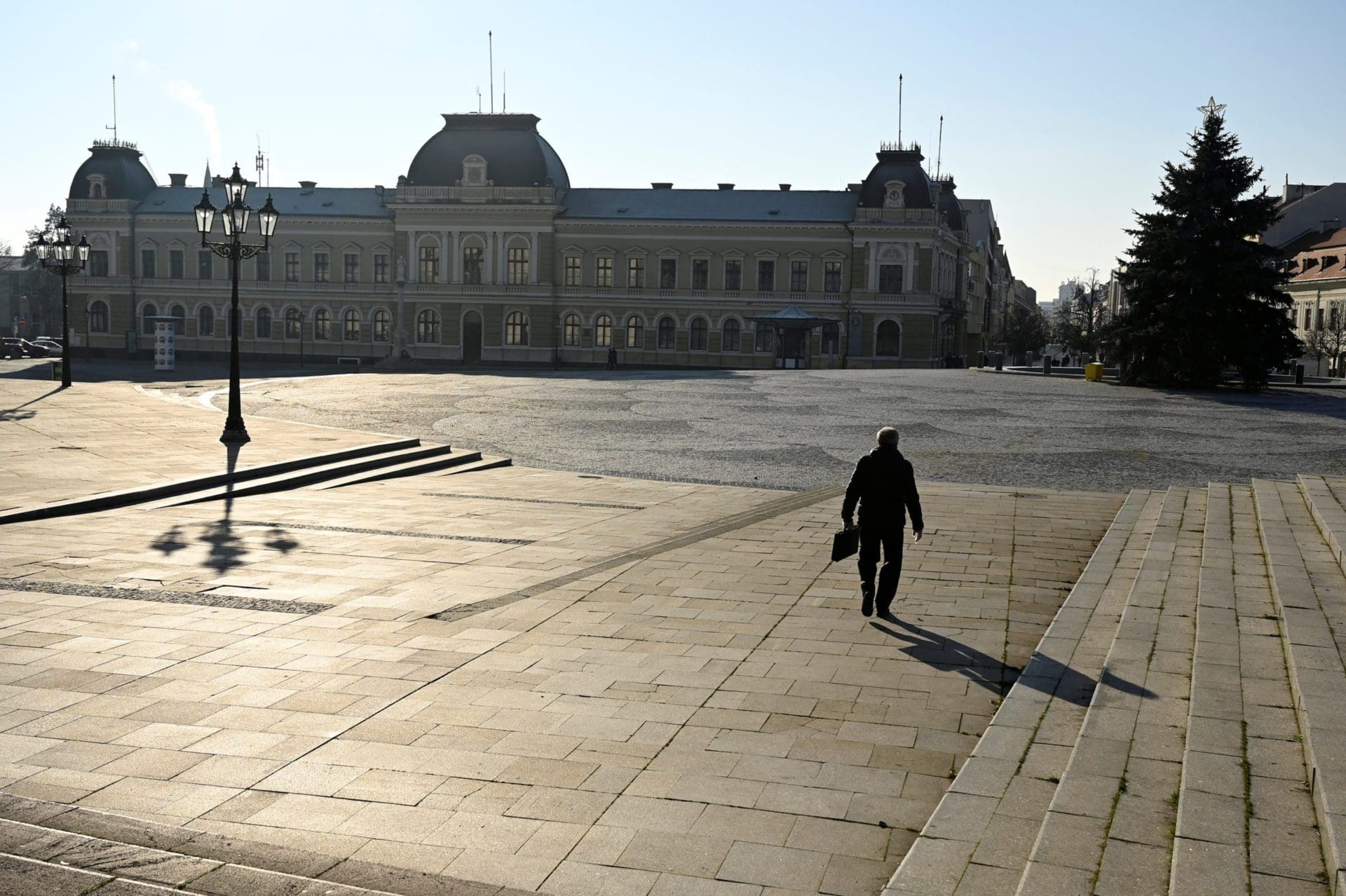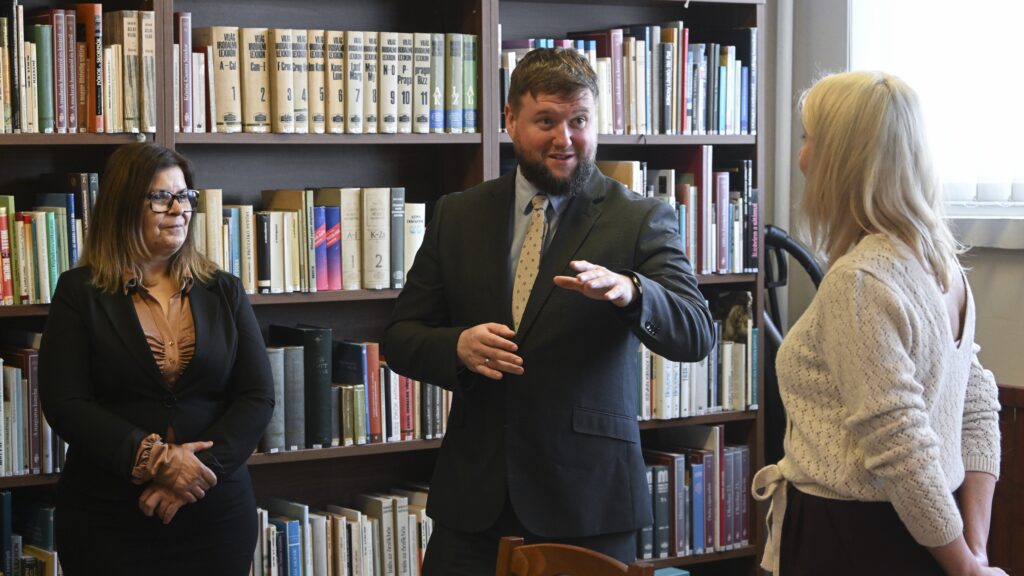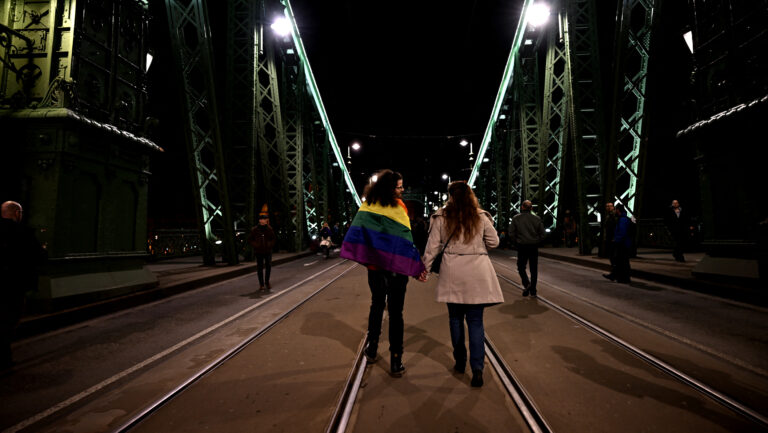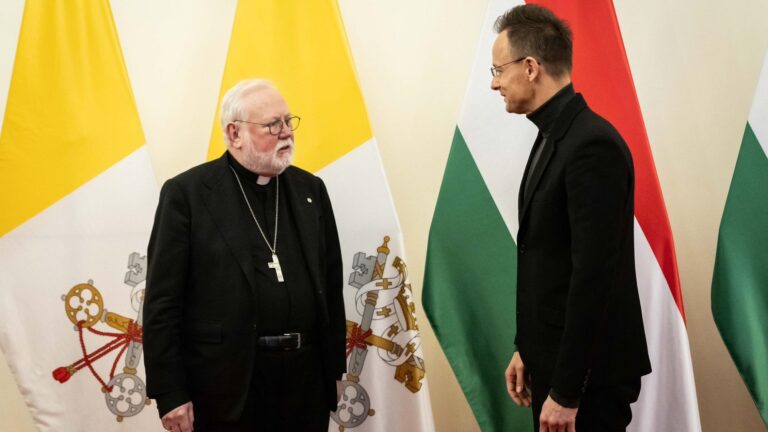On 25 November 2021, the government of the Slovak Republic declared a nationwide state of emergency, which is currently expected to last for a fortnight. This dramatic step had been necessitated by the aggravation of the SARS-CoV-2 epidemic, which since its outbreak in spring of 2020 has claimed nearly fifteen thousand lives in the country. An important part of the governmental decision entails a curfew, of which, however, numerous exceptions have been defined. Such is the case of the purchase of “essential necessities” in the nearest store. However, the scope of these stores has been relatively broadly defined, as in addition to food and medicine, for example, shoe shops and newsagents are also included. The same applies for services, too. While most sole proprietors—hairdressers, masseurs, beauticians—were forced to close down plunging themselves into a financial crisis before Christmas, post offices, banks, insurance companies, opticians, telephone or car repair workshops and even spas could remain open. Anyone who goes to work, school, to do a COVID-test or get vaccinated can leave their apartment from 5 am to 8 pm. Educational facilities on no level were closed despite the strong recommendation of the experts. Those who take care of a relative, or any other person they are closely related to, are also allowed to leave their apartment on that purpose. Illogical elements have also been included in the decree, as while it is also possible to leave the apartment for the purpose of getting married or baptised, the churches have been closed and public masses are prohibited. Precise enforcement of the new rules sometimes results in funny or weird situations: e.g., florists are only allowed to take orders over the phone, while at the same time handing over the finished bouquet to the customer happens in person. So, in practice, if you feel like buying a thread of roses passing by a flower shop, you need to contact the store by phone and place your order. If you do all this in person, you are breaking the law. Walking your pet is permitted within 500 meters from the residence, giving a big boost to the “loan dog business”.
Nearly a week after the governmental decision, the national numbers of the world-wide epidemic are still dramatic. According to the latest data, on Monday, 29 November 2021, 22,057 PCR tests revealed 7,069 infected people in Slovakia, of whom almost 64 per cent were not vaccinated. According to the official sources, 59,625 antigen tests were also performed, detecting 2,621 infected. This means that the positivity rate of PCR tests was 32,05 per cent while the same data in the case of Ag tests is 4,4 per cent. In one day, 225 new patients were hospitalized (3 444 in total), 268 are on pulmonary ventilation. Shocking fact, but 84.64 per cent of hospitalized had not taken any of the COVID vaccines. Up to and including the day of the study, 2,637,766 people were vaccinated in Slovakia, of whom 2,471,297 had already received both doses. To reach the 60 per cent vaccination level, there are still 662,234 people to obtain the jab. A total of 77 people died of the infection in one day.[1]
As in some other parts of the world, the widespread rejection of vaccination is causing huge problems in Slovakia
In addition to demonstrations and marches, the media also reported atrocities against doctors and scientists, all of which can be linked to anti-vaccination groups.[2] The police promise tough action in all similar cases; however, politicians do not help to ease the situation. In Slovakia, parliamentary race neither slowed down after the 2020 election, nor allowed the formation of a unified, government-opposition position on the need for mass vaccination. The opposition is spectacularly using anti-vaccination views to promote itself. At the same time, they are not the only ones to blame. Earlier this year, an internal governmental controversy erupted over the import of the Russian Sputnik vaccine, which went public and led to the fall of Prime Minister Igor Matovič. That political, but not professional debate created an excellent soil for anti-vaccination voices. Despite the change in the country leadership, the government has remained in power, but the opposition is growing steadily. A few weeks ago, a video[3] leaked in which former Slovak Prime Minister Robert Fico was talking to his friends about the seriousness of his condition after being infected by the coronavirus. ‘Boys, somehow that’s what death looks like’, he said in the video, in which he also mentions that he had to forge a negative test to be able to travel home from his vacation in Greece. Despite all this opposition parties are unwilling to make it clear for their followers that the vaccine is the only solution to lead the country out of this grave. The cost of their behaviour, however, is not limited to human lives. The rejection of the vaccine among the population, according to the National Bank of Slovakia, has caused the country about one billion euros in damage over the two years of the epidemic.[4]
The current situation is not rosy. A week has slowly passed since the declaration of the state of emergency, but its result is not yet clear. It is feared that the big family Christmas celebrations will pass again this year.








